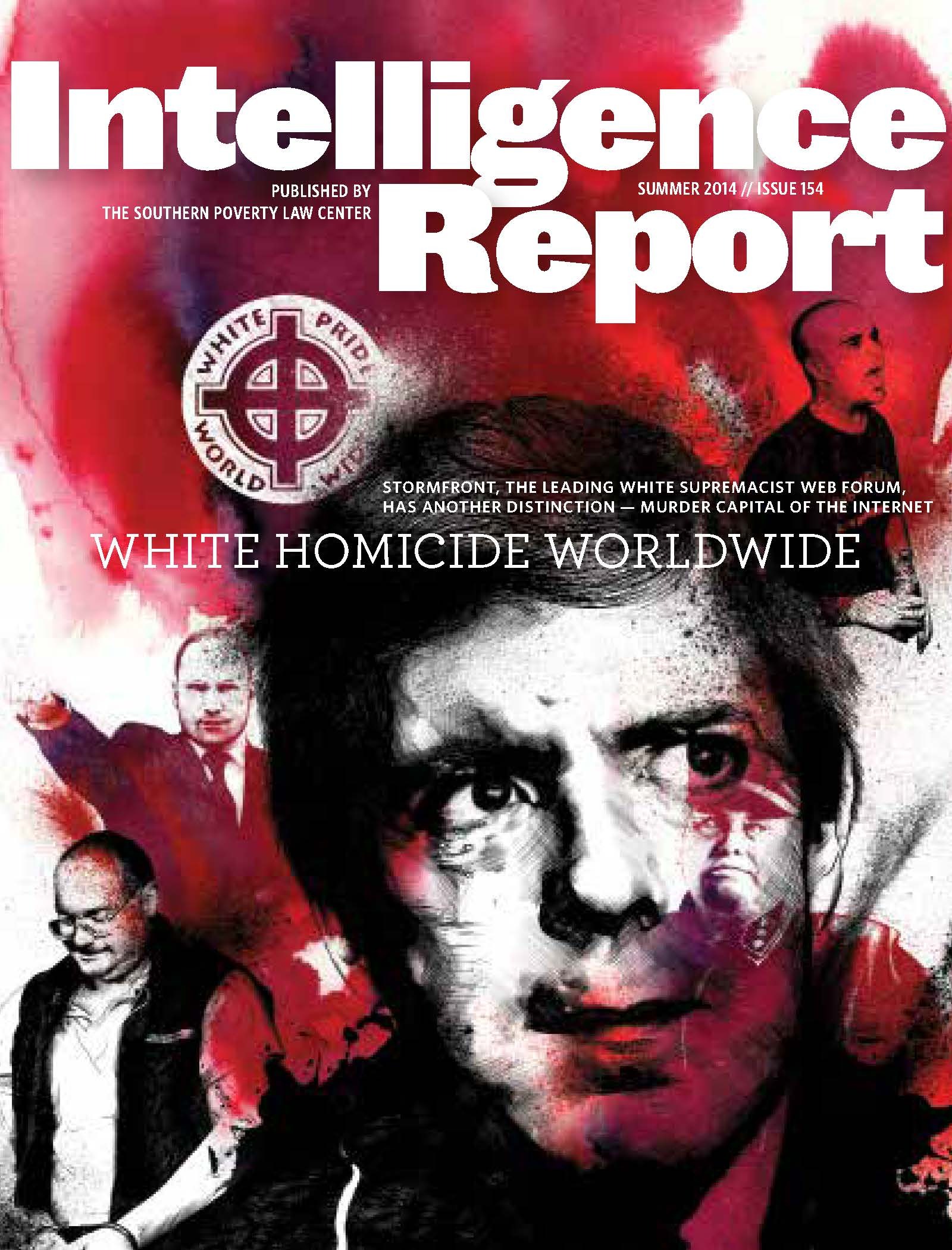Updates on extremists and their legal troubles.
DEC. 19
Toledo, Ohio, federal judge sentenced neo-Nazi Richard Schmidt, 48, to six years in prison for amassing 18 guns and 40,000 rounds of ammunition despite his 1989 felony conviction for manslaughter. Prosecutors also alleged that Schmidt had drawn up an assassination list of Detroit-area civil rights leaders, but the judge ruled that there was insufficient evidence to show that Schmidt intended to act on the list.
DEC. 19
A federal judge in Abingdon, Va., sentenced Michael Lee Fullmore, a 30-year-old Georgia member of the Knight Riders, Knights of the Ku Klux Klan, to 52 months in prison after he pleaded guilty to providing an AR-15 and an AK-47 assault rifle to a convicted felon. Officials said Fullmore was trying to raise money to start a terrorist group to attack minorities and bomb a Catholic church.
DEC. 20
Four members of the white supremacist prison gang Aryan Skins Kindred and a female accomplice were arraigned in Tacoma, Wash., for second-degree murder and conspiracy to commit second-degree murder. Jeffrey Allen Cooke, 32, Melissa Ann Bourgault, 33, Mark Michael Stredicke, 37, Eric Michael Elliser, 33, and Shane McKittrick, 32, are charged with stabbing to death a fellow gang member they accused of having an affair with Stredicke’s wife and associating with a rival gang.
JAN. 10
Buford “Bucky” Rogers, 25, of Montevideo, Minn., pleaded guilty to illegal possession of a firearm and an unregistered explosive device. Prosecutors alleged that Rogers, who was connected to the antigovernment Black Snake Militia, planned to blow up the Montevideo police station, raid an armory, and cut off communications to Minneapolis. In exchange for his plea, prosecutors dropped other explosives charges, but Buford could still face over five years in prison.
JAN. 29
A Buffalo County, Neb., jury acquitted Jonathan M. “Monster” Schmidt, 29, of felony first-degree assault in the brutal beating of a man in Kearney, Neb., despite the victim picking the heavily tattooed Schmidt out of a photo lineup. The July 2013 attack came just months after Schmidt, a former member of the Aryan Terror Brigade, started a neo-Nazi skinhead group called Crew 41, or Die Auserwählten (German for “the chosen few”). That same weekend, two South Carolina members of the group allegedly murdered a registered sex offender and his wife.
FEB. 3
David Allen Brutsche, an antigovernment “sovereign citizen” who plotted to abduct and execute Las Vegas police officers, pleaded guilty in Clark County, Nev., to felony conspiracy to commit kidnapping. Brutsche, 43, who eventually renounced his belief that he was immune to federal laws, was later sentenced to 364 days in jail for failing to register as a sex offender. Officials said he is expected to receive up to five years of probation when he is sentenced in the kidnapping conspiracy.
FEB. 5
Steven Joshua Dinkle, former “exalted cyclops” (leader) of the Ozark, Ala., chapter of the International Keystone Knights of the Ku Klux Klan, pleaded guilty in Montgomery federal court to burning a cross in a black neighborhood in 2009 to intimidate its residents. Charged with one count of conspiracy to violate housing rights, one count of criminal interference with the right to fair housing, and two counts of obstruction of justice, Dinkle faces up to 35 years in prison.
FEB. 19
Longtime racist activist August Byron Kreis III, 59, who once led a faction of the neo-Nazi Aryan Nations and is an adherent of the wildly anti-Semitic theology of Christian Identity, was charged with six felony counts of sexually abusing children in Richland County, S.C. The counts included sexual conduct with a minor under 16 and disseminating obscene material to a minor 12 years old or younger.
FEB. 28
Two members of an infamous racist family, Kirby Kehoe, 65, and his son Cheyne, 37, each pleaded guilty to being felons in possession of firearms in an Arizona federal court. The two were arrested in October 2013 after federal agents raided their well-armed marijuana growing operation in a remote part of the state. Cheyne Kehoe was already notorious for his participation in the Aryan Peoples Republic terrorist gang headed by his brother, Chevie. All three men are Christian Identity adherents.



